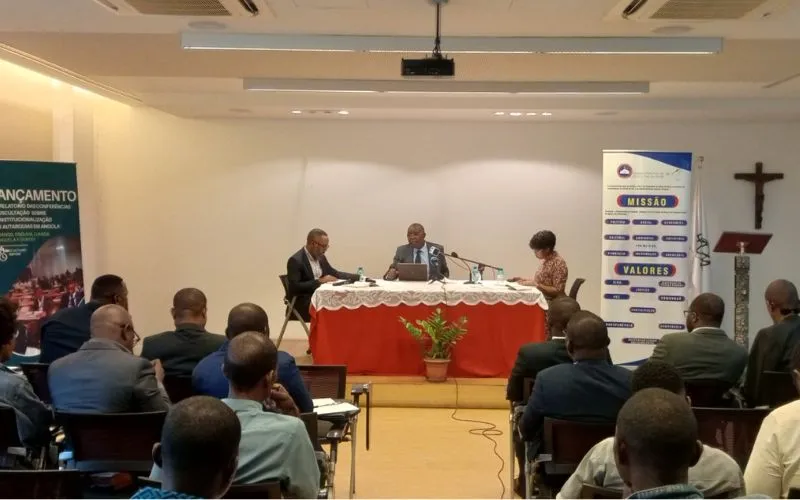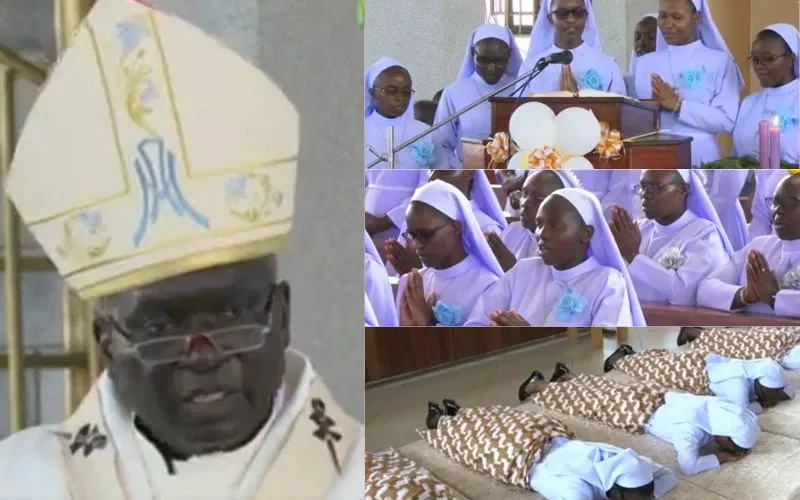According to the CCJP official in Angola, through her social doctrine, the Church must continue to advocate for democratic values and the promotion of human dignity.
“We cannot fold our arms and watch those who govern us without being able to do anything. That would be childish. Instead, we must roll up our sleeves and make our contribution, as Pope Francis urges in Fratelli Tutti, number 77,” Fr. Epalanga said, referring to the Holy Father’s October 2020 Encyclical Letter on Fraternity and Social Friendship.
He continued, “No one can stop the Church’s mission. The Church will continue to work, to contribute, until the second coming of Christ. We will keep rolling up our sleeves and doing the work that needs to be done. No obstacle can stop the Spirit.”
The report that CEAST’s Justice and Peace Commission launched is the culmination of extensive consultations conducted in five Angolan provinces: Luanda, Benguela, Cunene, Huíla, and Lunda Norte.
Funded by Norwegian Church Aid (NCA), the project seeks to raise awareness among communities about the importance of municipalities in local governance. The report has put together reflections and contributions gathered during the consultations, presented in an 85-page book aimed at fostering informed debate on municipal decentralization.
Speaking about the consultations, Fr. Epalanga said, “We gathered expert opinions and reflections from the field, making sure that nothing is lost. This is not just a collection of opinions but a report with well-developed themes and recommendations that can guide the institutionalization of municipalities.”
He said that the Church has also facilitated dialogue on decentralization, self-administration, and financial devolution.
“We need to take this debate to our communities. Everyone has the right to be informed and trained on the issues surrounding municipal governance. This knowledge cannot remain confined to academia; it must reach the grassroots,” the CCJP Executive Secretary of CEAST said.
The Social doctrine of the Church, he went on to say, “provides a strong foundation for democratic participation and sustainable development.”
João Vissesse is an Angolan Journalist with a passion and rich experience in Catholic Church Communication and Media Apostolate.





